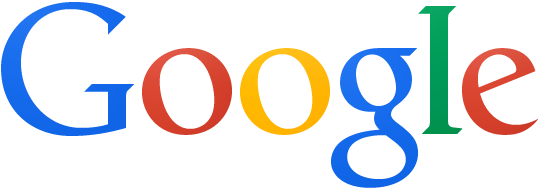
Through the Industrial Revolution and the major mechanical breakthroughs of the 20th century that now seem almost pedestrian in our 21st century eyes, we can clearly see the obvious and inarguable fact that technology is quickening in its advancement and importance in our lives.
This cannot be seen any more clearly than in the last 20 years or so, which one might call the Age of the Internet, wherein the world wide web has taken over a host of other things in our lives to become one of, if not the most important feature in our daily existence.
Think about it. How long can you go without checking in on social media? How many times do you search for something on Google a day? How many internet articles have you skimmed over since the work or school day began today?
With smartphones, we are literally never further than a hand in the pocket away from the internet. What does this constant connectivity and the information it is feeding us mean for us as people, though? More specifically, what does this mean for the way that we, as human beings, think?
That’s the question Nicholas Carr alludes to in his article, “Is Google Making Us Stupid?” on The Atlantic’s website when he says...
“Never has a communications system played so many roles in our lives—or exerted such broad influence over our thoughts—as the Internet does today. Yet, for all that’s been written about the Net, there’s been little consideration of how, exactly, it’s reprogramming us. The Net’s intellectual ethic remains obscure.”
Is the internet reprogramming the way we think? Carr provides more than enough anecdotal evidence from his own life and his colleagues’ lives to prove that yes, it is. “Once I was a scuba diver in the sea of words,” he says. “Now I zip along the surface like a guy on a Jet Ski.”
Carr is speaking of the habit we all have while on the net to bounce from one website to another and our propensity to skim the long articles we might find there rather than take the time to read them. Engaging in the “power browse,” we want to find the main point of the piece we’re reading and then move on.
Gathering as much “information” as possible seems to take precedent over the fact that much of that information might be in no way useful or could even be detrimental to making us smarter or better people. The repository of “knowledge” we keep inside our heads may be wide but it is also shallow.
We have, Carr says, quoting playwright Richard Foreman, been..
“...drained of our “inner repertory of dense cultural inheritance [and] risk turning into “‘pancake people’—spread wide and thin as we connect with that vast network of information accessed by the mere touch of a button.”
What’s the answer then? Is this really a problem? We certainly can’t drop out of the internet altogether so is it a matter of finding “the right balance?”